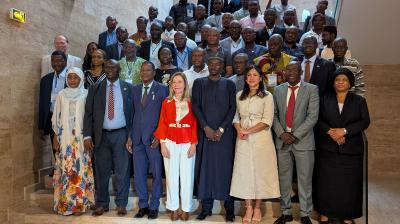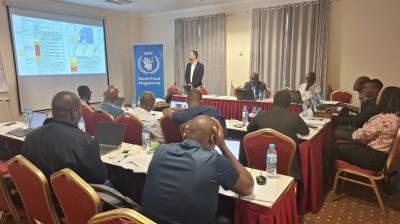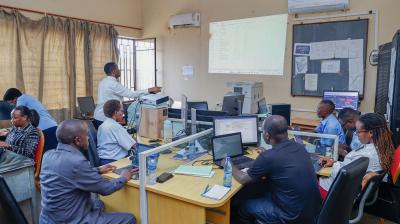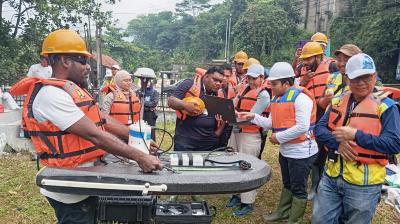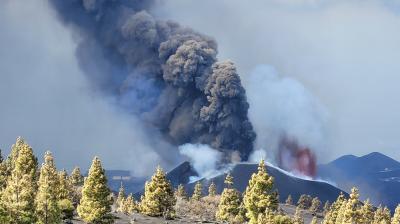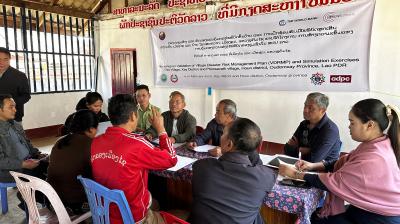Chad publishes first CAP warning and begins international data sharing
- News was produced by:
- World Meteorological Organization (WMO)

This milestone marks a significant step in strengthening Chad's climate resilience and early warning systems. It also highlights the transformative power of digital tools and capacity-building programs in addressing long-standing barriers faced by National Meteorological and Hydrological Services (NMHSs) in Africa.
As of January 2024, 60% of NMHSs in Africa lacked a functional website, with 30% having no website at all. Nearly 37% had not issued any weather warnings in the previous six months, and most Automatic Weather Stations (AWS) across the continent were not transmitting data to global centers due to fragmented systems and software incompatibilities. These challenges severely limited the ability of NMHSs to deliver critical weather and climate information to vulnerable populations.
Recognizing these gaps, WMO has been working with Chad's meteorological agency, Agence Nationale de la Météorologie - Météo Tchad (ANAM), over the past year to strengthen its climate services. This work included modernizing ANAM’s website and communication channels, strengthening product communications, enhancing interactive data visualization for impact-based forecasting, publishing CAP warnings, and upgrading its observation network to enable real-time data sharing.
The culmination of these efforts was marked by a mission to Chad from 14 –18 October 2024 with funding from the Climate Risk and Early Warning Systems (CREWS) Initiative. This mission represented the final step in a year-long program of technical assistance and mentoring provided by WMO with support from NORCAP. It included training across the entire climate information value chain. During this mission, Chad published its first CAP warnings and successfully began international data exchange, a transformative moment for the country’s ability to deliver early warning services and contribute to global weather data systems.
Real-time data exchange for global impact
Chad is now transmitting real-time data from 19 AWS through the WMO Information System (WIS2.0), enhancing global weather forecasts and supporting international climate monitoring efforts. Before this initiative, none of Chad’s 59 AWS stations contributed to global data sharing. This advancement addresses critical challenges of system fragmentation and software incompatibility, setting a precedent for other African nations to follow.
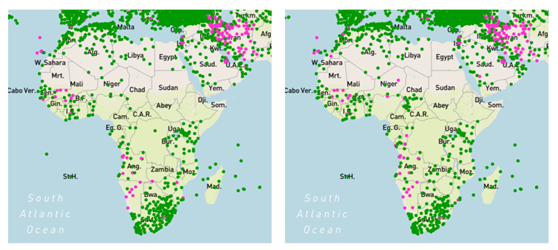
Powered by open-source tools
Chad’s transformation is underpinned by innovative open-source tools developed by WMO:
- ClimWeb: A suite of tools for improving the publication, management, and communication of climate services.
- CAP Composer: A user-friendly platform for creating and disseminating alerts in CAP format, mobile friendly.
- WIS2Box Automated Data Loader: A solution for seamlessly integrating data from diverse AWS systems into WIS2Box for global data sharing.
Paving the way for other countries
Chad’s success is part of a broader digital transformation initiative led by WMO with support from NORCAP. Chad’s achievements set a precedent for other African countries to adopt similar solutions, addressing challenges like AWS interoperability and improving climate service delivery. By embracing digital transformation, NMHSs across Africa can strengthen climate resilience and contribute to a safer, more sustainable future for all.
- WMO Member:
- Chad
- Region:
- Region I: Africa


